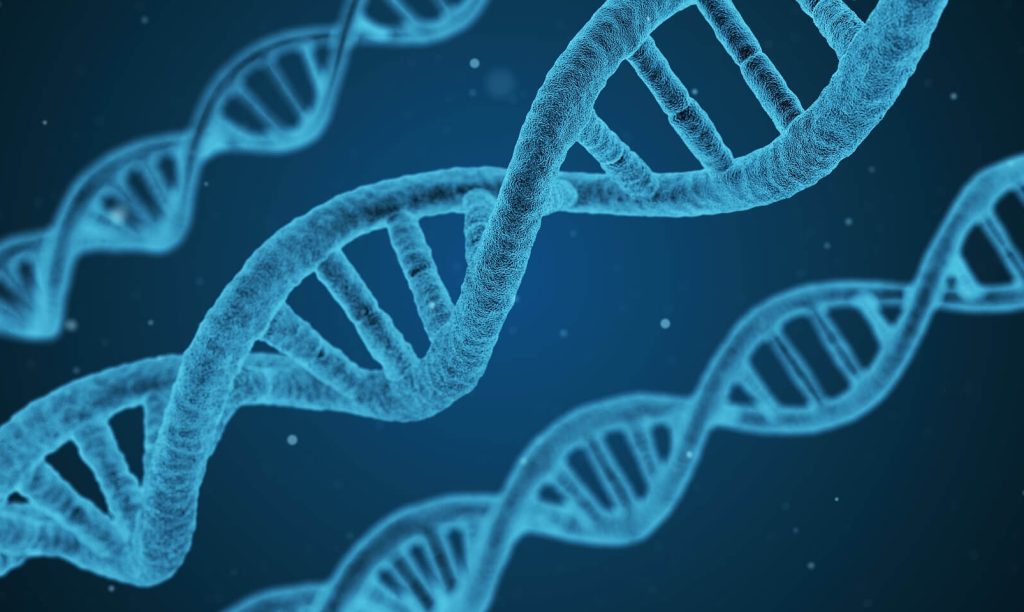Scientists have reported the successful use of Crispr gene-editing technology to eliminate HIV from infected cells, a breakthrough hailed as a potential step towards eradicating the virus, BBC reports.
This Nobel Prize-winning technique works by cutting out or deactivating problematic sections of DNA. The University of Amsterdam team, presenting their preliminary findings at a medical conference, caution that their work is still in the early stages and not a cure for HIV yet. Other researchers are also exploring Crispr’s potential against HIV, with Excision BioTherapeutics reporting promising results in three HIV-positive volunteers. However, challenges remain, including the difficulty of removing HIV from all potentially infected cells in the body and concerns about off-target effects and long-term side effects.
While existing HIV medications can suppress the virus, they cannot eliminate it entirely. HIV treatment currently involves lifelong antiretroviral therapy, as the virus can remain dormant in cells and reactivate if treatment is stopped.

